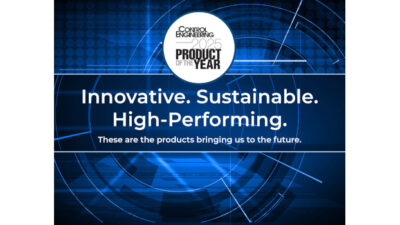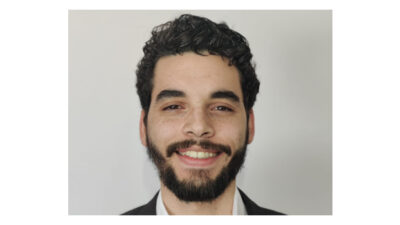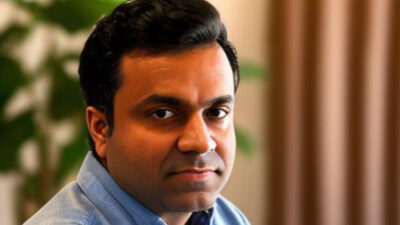Among the thousands of varieties of potatoes, certain ones are prized for their ability to make specific products like potato chips or French fries. When a new breed is developed for specific characteristics, it can easily take five to seven years to generate enough seed to support commercial demand. Turck BL67 I/O system controls solenoid valves for CO2, humidity, and adding liquids used in the spray system.
The process requires careful monitoring, both from technicians and precise instrumentation. Source: Turck
Among the thousands of varieties of potatoes, certain ones are prized for their ability to make specific products like potato chips or French fries. When a new breed is developed for specific characteristics, it can easily take five to seven years to generate enough seed to support commercial demand.
Thanks to Quantum Tubers in Delavan, WI, the development cycle has become much faster. Using technology developed with NASA and the University of Wisconsin’s Plant Pathology Department, the group has developed methods to produce viable minitubers as a pathogen-free seed source year round in an intensive culture of high-density sterile stem-cuttings in a soilless media. The Quantum Tubers technology is designed for industrial capacity in large-scale commercial production using a proprietary system of biomanufacturing.
The use of minitubers is not new to the potato industry; however, minitubers have traditionally been very expensive to produce in quantities for commercial demand. Quantum Tubers developed its own proprietary automated propagation system to produce pathogen-free, nuclear stock minitubers. In this system, minitubers are harvested in 40 to 50 days depending upon variety and size requirements, making it possible to harvest up to nine crops per year.
“It normally takes up to 160 days to grow a potato plant. We can now do this in as little as 50 days,” says Bob Britt, president and CEO of Quantum Tubers. But such accelerated growth requires extremely precise conditions. Factors like humidity, light, temperature, and length of the day all have to be controlled. Britt had been using a flow sensor to detect the amount of liquid nutrients being applied, but it failed to provide the needed data accuracy.
After consulting with Turck representative Larry Jacob of Mtech Wisconsin, Britt learned that Turck’s digital read out (DRO) flow sensor could monitor the liquid nutrients more accurately than the technology already installed. Britt also discovered how other Turck products could help improve the processes. Additional applications included a modular BL67 remote I/O system, with analog input modules for humidity, temperature, light, CO 2 , and flow sensors. The BL67 output modules control solenoid valves for CO2, humidity, and adding liquids used in the spray system.
The system also controls light banks, circulating fans, and the cooling circuit. With most devices carrying an IP 67 rating, there’s now no problem being in a washdown environment. “Before using Turck products, we had a series of breakers in a panel chock-full of electrical equipment, and electrical fires were not uncommon because of wet conditions,” adds Britt. “Unlike BL67, the system we had before was difficult to work with and almost impossible to make any changes. Implementing this system saved us six months of hands-on time putting the system into a big box. The best part is that it can easily be put into the hands of a third party for installation elsewhere in the world, and they will be able to implement it quite easily.”
This factor is particularly useful in countries that have no seed potato producers and are forced to import potato seed that may contain disease. In these situations, a country could use a Quantum Tubers’ commercial biomanufacturing system to produce a potato variety locally that’s tailored to its particular growing region and free of pathogens.
“Without the personalized help that Larry Jacob and his Mtech Wisconsin and Turck team provided, we would have lost countless hours of development time—and we would not have the bullet-proof, customized controls system that we enjoy on our technology today,” says Britt.
Author Information
Mark DiSera is Turck RFID product marketing manager. Reach him at [email protected] .



